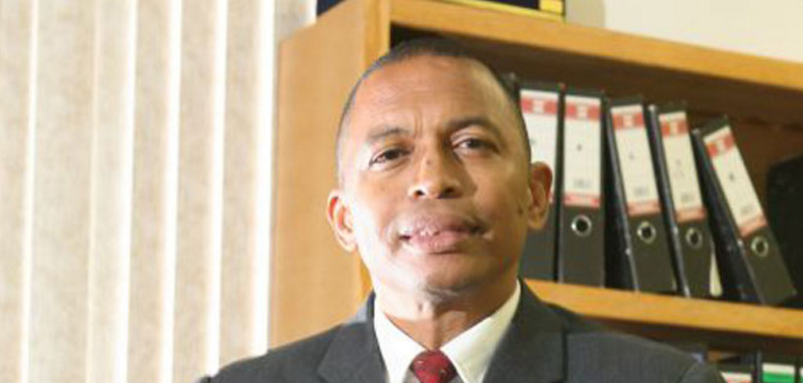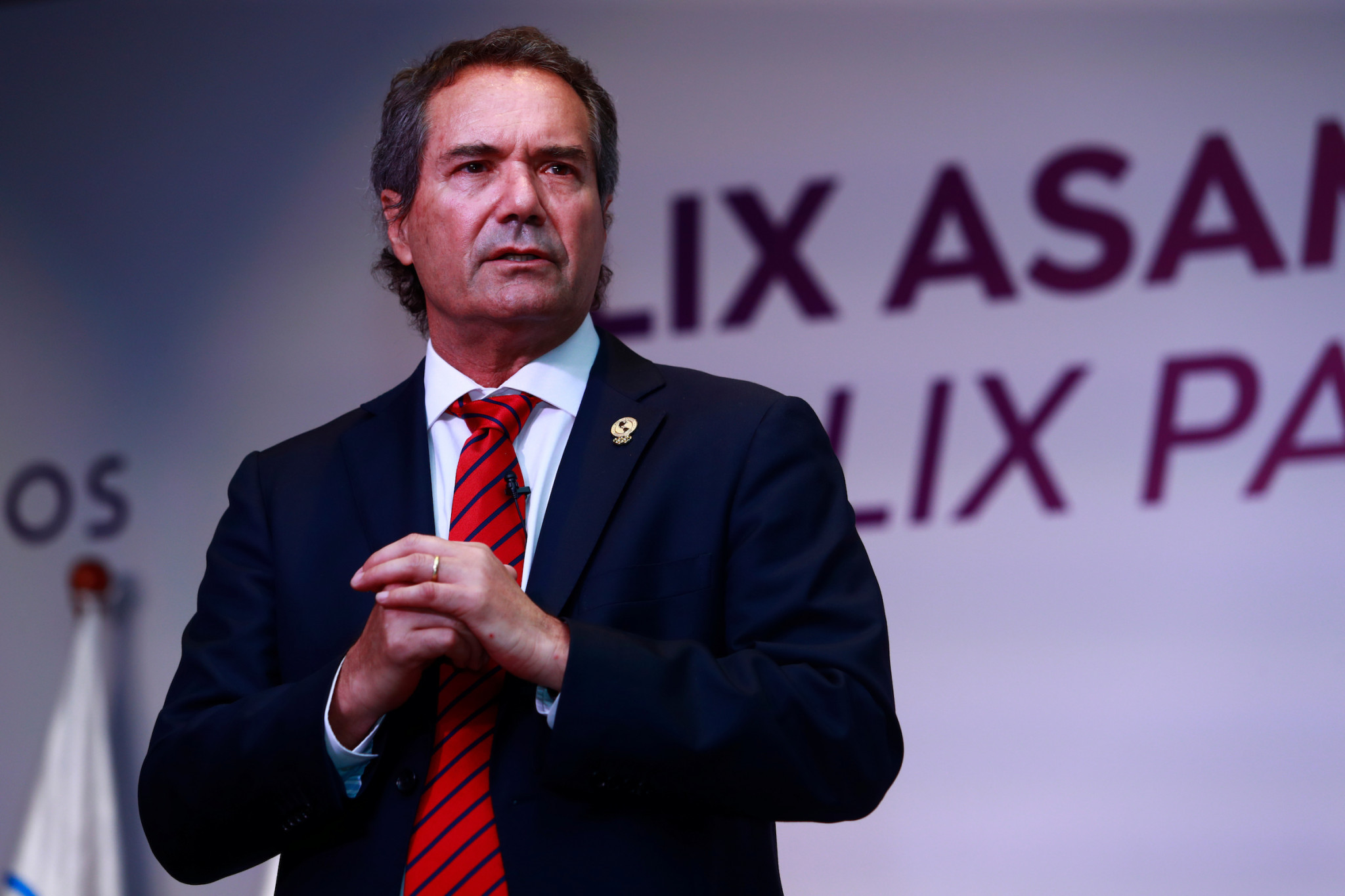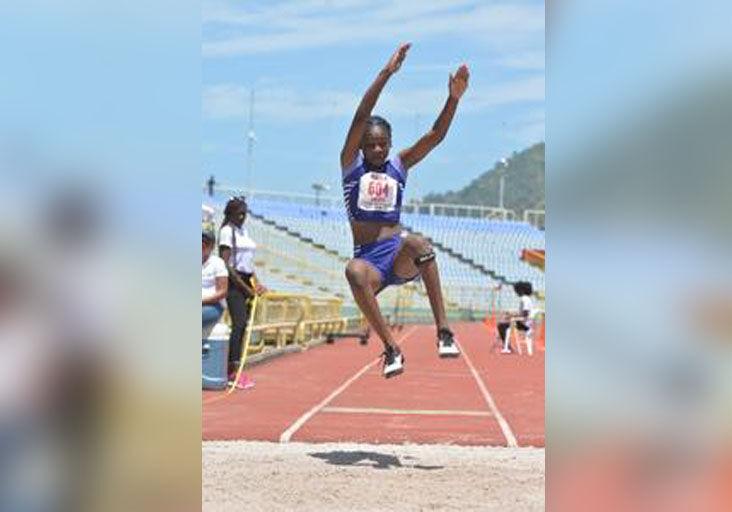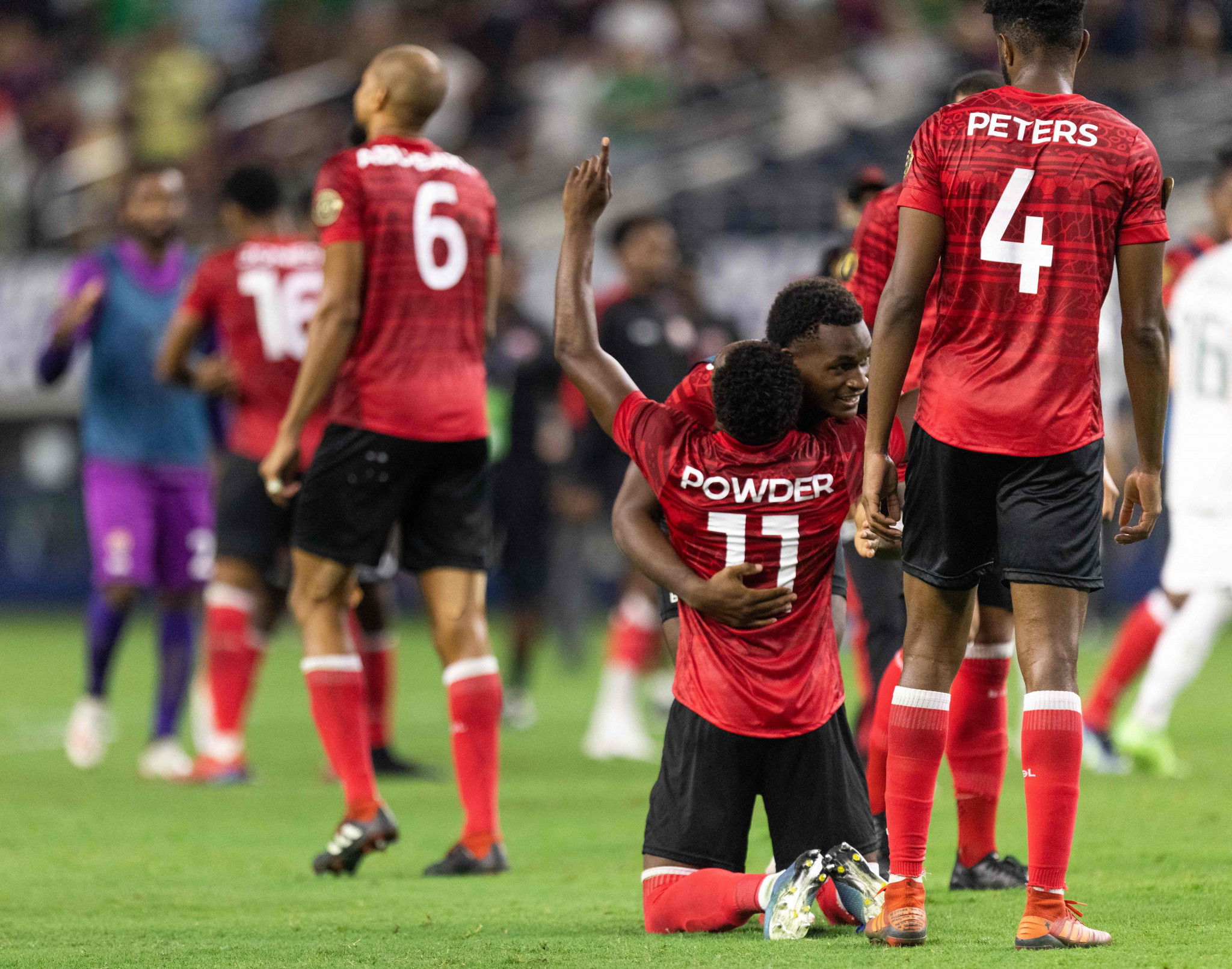Mentor to Klopp and Tuchel honed his coaching philosophy on his rise from Germany’s sixth tier to the Champions League.
CANOC President Lewis calls for administrators to sacrifice privileges to support athletes
Caribbean Association of National Olympic Committees (CANOC) President Brian Lewis has suggested sports administrators should "sacrifice some privileges" to better support athletes.
Smart Cities and Sport Summit 2021 hears of new Women & Sport group partnership with IOC
The Smart Cities and Sport Summit 2021 was first to hear the announcement that the International Working Group (IWG) on Women & Sport has signed an agreement with the International Olympic Committee (IOC).
Ilic downplays interest in ANOC Presidency with focus squarely on Panam Sports
Panam Sports President Neven Ilic has denied having any immediate interest in running for the Association of National Olympic Committees (ANOC) Presidency.
Weathering Covid-19 storm
NGC/NAAA Youth Elite Programme on track.
TTOC President urges COVID-19 vaccinations to help resumption of grassroots team sports
Trinidad and Tobago Olympic Committee (TTOC) President Brian Lewis has claimed COVID-19 vaccinations can help to resume team sports at a grassroots level in the country.






